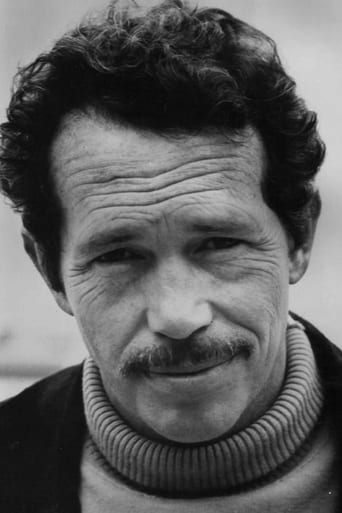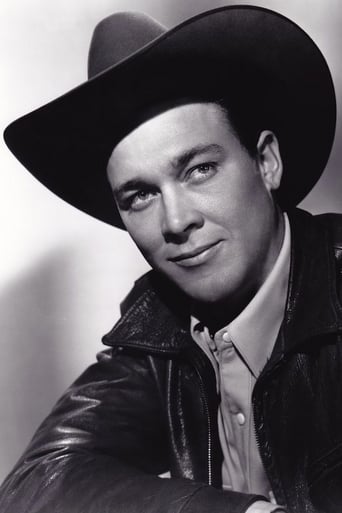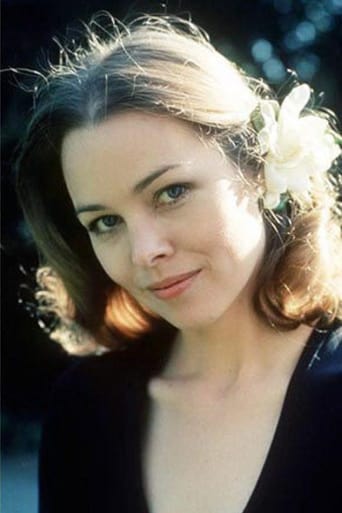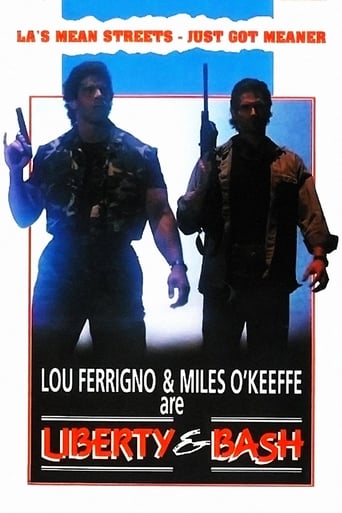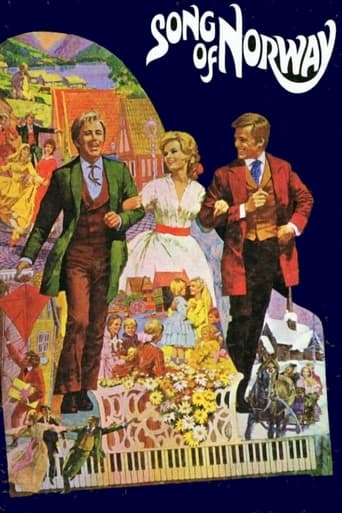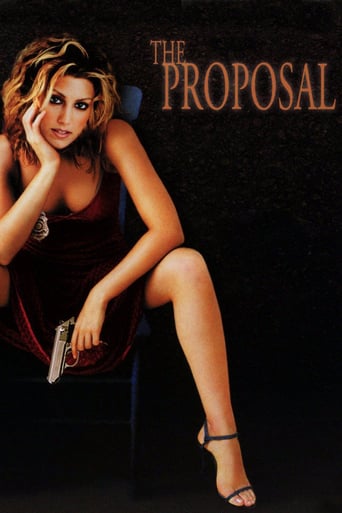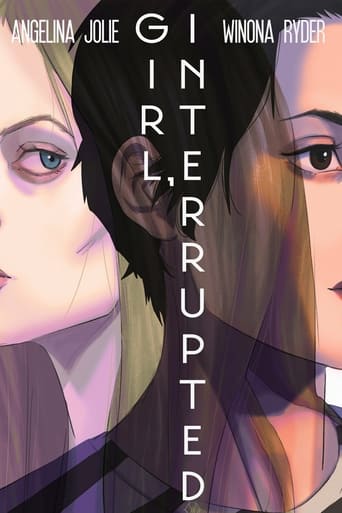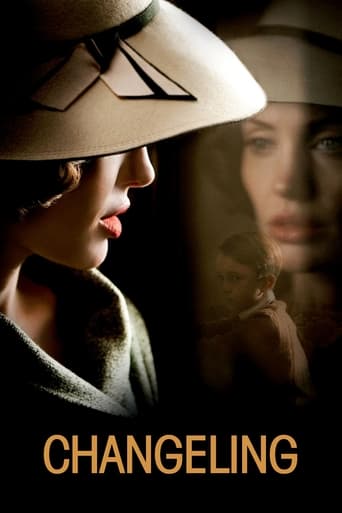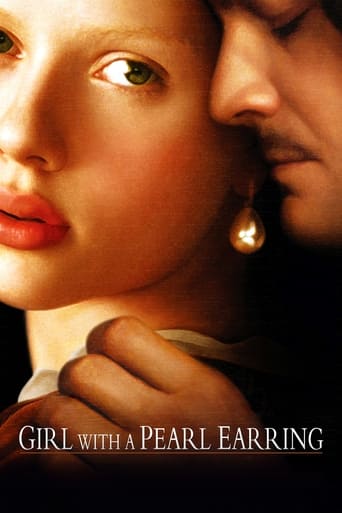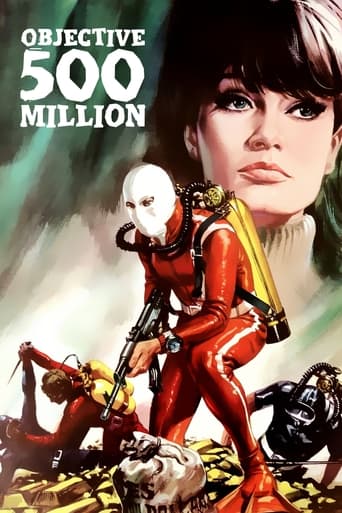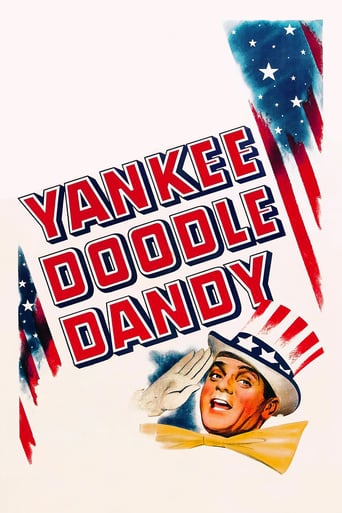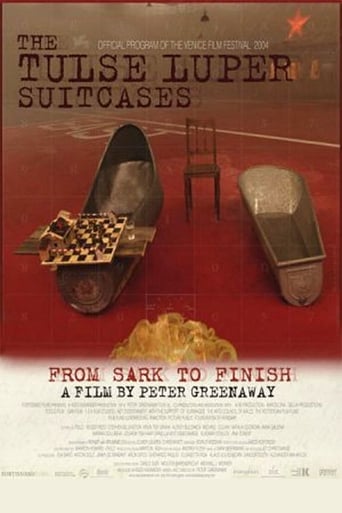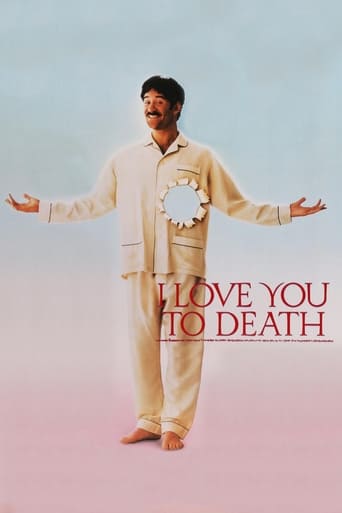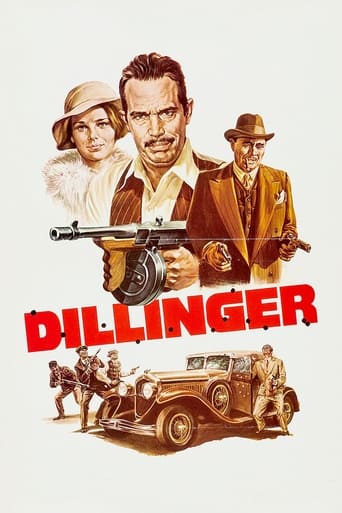

Dillinger (1973)
After a shoot-out kills five FBI agents in Kansas City the Bureau target John Dillinger as one of the men to hunt down. Waiting for him to break Federal law they sort out several other mobsters, while Dillinger's bank robbing exploits make him something of a folk hero. Escaping from jail he finds Pretty Boy Floyd and Baby Face Nelson have joined the gang and pretty soon he is Public Enemy Number One. Now the G-men really are after him.
Watch Trailer
Cast


Similar titles
Reviews
John Milius directed this biographical drama that portrays 1930's outlaw and bank robber John Dillinger(played by Warren Oates) as he rises from obscurity to become public enemy number one, the most wanted man by the FBI led by determined agent Melvin Purvis(played by Ben Johnson) who wants Dillinger in particular because several FBI agents were killed after his last heist. Dillinger leads a gang whose members include outlaws with such colorful names like Pretty Boy Floyd and Baby Face Nelson. His days are numbered by the time he leaves the movie theater on that fateful day... Filmed before with Lawrence Tierney, this version is just a bit too crude, though the two leads are fine.
The 1973 film version of the (criminal) life of notorious bank robber John Dillinger, not really a remake of the 1945 film of the same title but a re-imagining of its eponymous character's career in crime, is hugely entertaining, featuring a star turn performance from Warren Oates that shows that the actor had major star potential, hampered, sadly, by his short stature, which doesn't really figure in the film as its director, John Milius, manages somehow to make Oates look taller than he was.Allegedly made on the cheap by American-International, it doesn't look cheap to me. It has, in its modest way, a kind of epic sweep, as we see Dillinger and his gang move through the Midwest like a tornado. The supporting roles are mostly played by young, at the time unknown players, one of which, Richard Dreyfuss, strangely well cast as Baby Face Nelson, went on to a starring career. As Dillinger's squeeze, Michelle Phillips is surprisingly effective and very sexy. There's good work, too, from Steve Kanaly and, especially, Harry Dean Stanton, who plays the most likable of the Dillinger gang.A problem I have with the film, and it's a fairly big one, is Ben Johnson's performance as FBI man Melvin Purvis. A former stunt man, Johnson became an accomplished player in western films, had a fine, mellow voice and a pleasing presence. He was not, however, a versatile actor, and this hurts Dillinger, as Johnson has the second biggest part in the film, and director Milius seems to favor him. Johnson looks his age, well past fifty at the time, and doesn't strike me as trim enough to be an FBI man. But if he was otherwise good casting this could be overlooked. Johnson simply lacks the authority, the heroic presence, to be Dillinger's nemesis, especially Dillinger as electrifying played by Warren Oates. Johnson was an actor who could steal scenes from major stars, hold his own with the best of them; and yet when "handed" scene after scene in Dillinger he just doesn't measure up. Worse, he often comes off as smug when what he should really be conveying is confidence, competence at what he does.With better casting in the Purvis role this Dillinger might have been a classic. As it is, it's excellent. The action scenes are done to perfection, nearly choreographed, I suspect, and yet they feel real none the less. There isn't a wasted moment in the film. Indeed, it could have been longer and worked just as well, maybe even better. The characters could have been more fleshed out; and some sections in the film, the one in the gang's Little Bohemia retreat in particular, could, with more time, greatly enhanced this already very well made film. John Milius was on a roll when he made this one, never fulfilled his potential. I wonder what went wrong.
The scene at the beginning of the film where the old man at the gas station treats Homer Van Meter with such contempt is hilarious.Billie Frechette is shown firing a gun at the feds in one scene; it didn't happen. The end credits say she died a spinster; she was married twice. Harry Pierpont was wounded in an attempted escape from death row; three weeks later he was still unable to walk (he'd been shot four times), so they carried him to the electric chair, strapped him in, and threw the switch.Pretty Boy Floyd was wounded running from the farmhouse, but the wound wasn't mortal. When Purvis asked him about Kansas City, Floyd let go such a stream of profanity that Purvis had Agent Herman Hollis shoot him with a Thompson. Hollis had fired one of the rounds that hit Dillinger (although not the fatal one), and he and another agent died while mortally wounding Baby Face Nelson in November of that year.The scene outside the Biograph is ridiculous. It was scalding hot, which is why Dillinger and the two women went to an air-conditioned theater. The movie shows everyone in overcoats, including Dillinger. He had on an open-collared shirt and a white straw hat. Purvis didn't shoot Dillinger at all; the fatal round was fired by an agent brought up from Texas.I do, however, love the line about Handsome Jack Klutas (who, by the way, attended college, but had no "college degree"): "I knew I'd never take him alive. I didn't try too hard, neither." That scene, of course, never happened. Purvis wasn't even there when Klutas was killed.
Had I one dollar for every burst of machine gun fire then I'd be a rich man. The actors in this film are talented people with good resumes, but that it the only positive comment I can make about this film. Cheap, trashy exploitation that wants us to feel sympathetic for John Dillinger.In these types of movies I am amazed at the gall of the director. In scene after scene Dillinger is involved in machine gun battles with police, and yet he is never touched. While the film might be somewhat accurate from a historical perspective, I am fairly certain that the gun battles did not take place as brazenly as the film suggests. There is no way that a person could stand in the open without cover, and have numerous police officers firing at them from a close distance and not get hit. While it might make for good action scenes, it defies reality. And the was also no attempt to explain the love interest between Dillinger and his "moll". One minute they meet, and the next she is his woman. Perhaps they could have shortened the gun battles and fleshed out the romantic entanglements a little.


